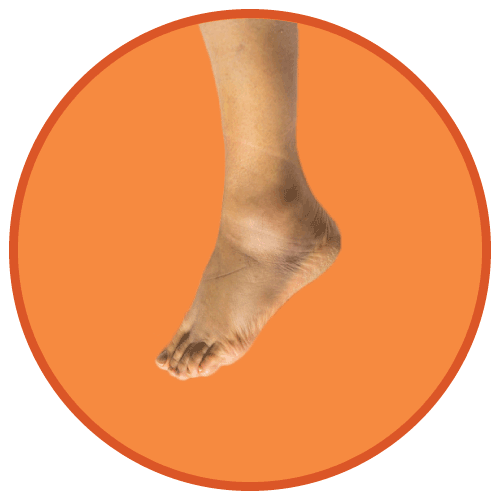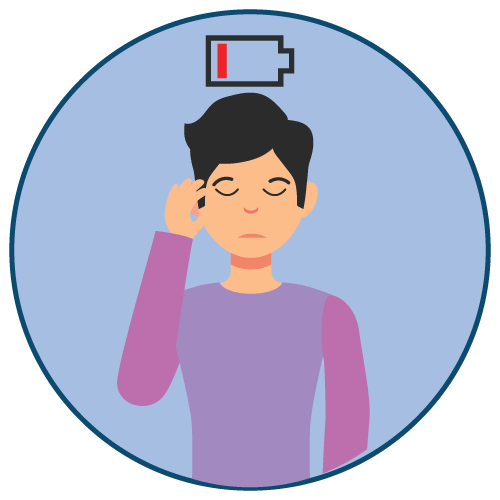| Name | Atenolol + Nifedipine |
| Classes |
Cardiovascular Agent Antihypertensive Antihypertensive Combination |
| Diseases |
Angina Cardiovascular Disease Hypertension (High Blood Pressure) |
Atenolol + Nifedipine
Atenolol + Nifedipine is a combination medicine comprising of atenolol- a beta blocker and nifedipine- a calcium channel blocker. Atenolol slows down the heart rate and nifedipine relaxes the blood vessels, enabling the heart pumping blood easily.
Atenolol + Nifedipine is indicated for the treatment of-
- Hypertension
- Angina
- Angina pectoris: Atenolol+nifedipine (50mg+20mg) twice a day.
- Hypertension: Atenolol+nifedipine (50mg+20mg) twice a day.
- Same dosage regimen is indicated for the elderly patients.
- Renal Impairment: Atenolol+nifedipine (50mg+20mg) once a day is recommended for angina and hypertension for patients with renal impairments.
- Caution should be exercised when treating patients with conduction abnormalities, low cardiac reserve, managed CHF, peripheral circulatory diseases, 1st degree heart block, moderate heart failure, Prinzmetal's angina, and renal or hepatic impairment are all factors to consider.
- Within 1-4 hours of starting medication, if your heart rate drops at a dose of 1 capsule daily, or if you experience ischemic pain, stop taking it. In people with ischemic heart disease, taper off gradually.
- Diabetic management may need to be adjusted; may disguise indications of thyrotoxicosis and modifies hypoglycemic tachycardia. Psoriasis runs in the family.
Contraindication
- Contraindicated in patients hypersensitive to atenolol or other beta blockers, such as-
- Contraindicated in patients hypersensitive to nifedipine or other calcium channel blockers, such as-
atenolol+nifedipine is contraindicated in
- asthma
- obstructive respiratory disease
- pronounced bradycardia
- 2nd or 3rd degree heart block, sick sinus syndrome
- SA block
- systolic pressure <90 mmHg
- overt or decompensated cardiac failure (NYHA grades III & IV)
- aortic stenosis
- unstable angina
- acute attacks of angina
- acute MI or within 1 month of MI
- cardiogenic shock
- severe peripheral arterial circulatory disorders
- acidosis, severe renal impairment
- untreated phaeochromocytoma
- malignant hypertension
- Lactation, pregnancy, women of child-bearing age.
 Bangla
Bangla English
English





